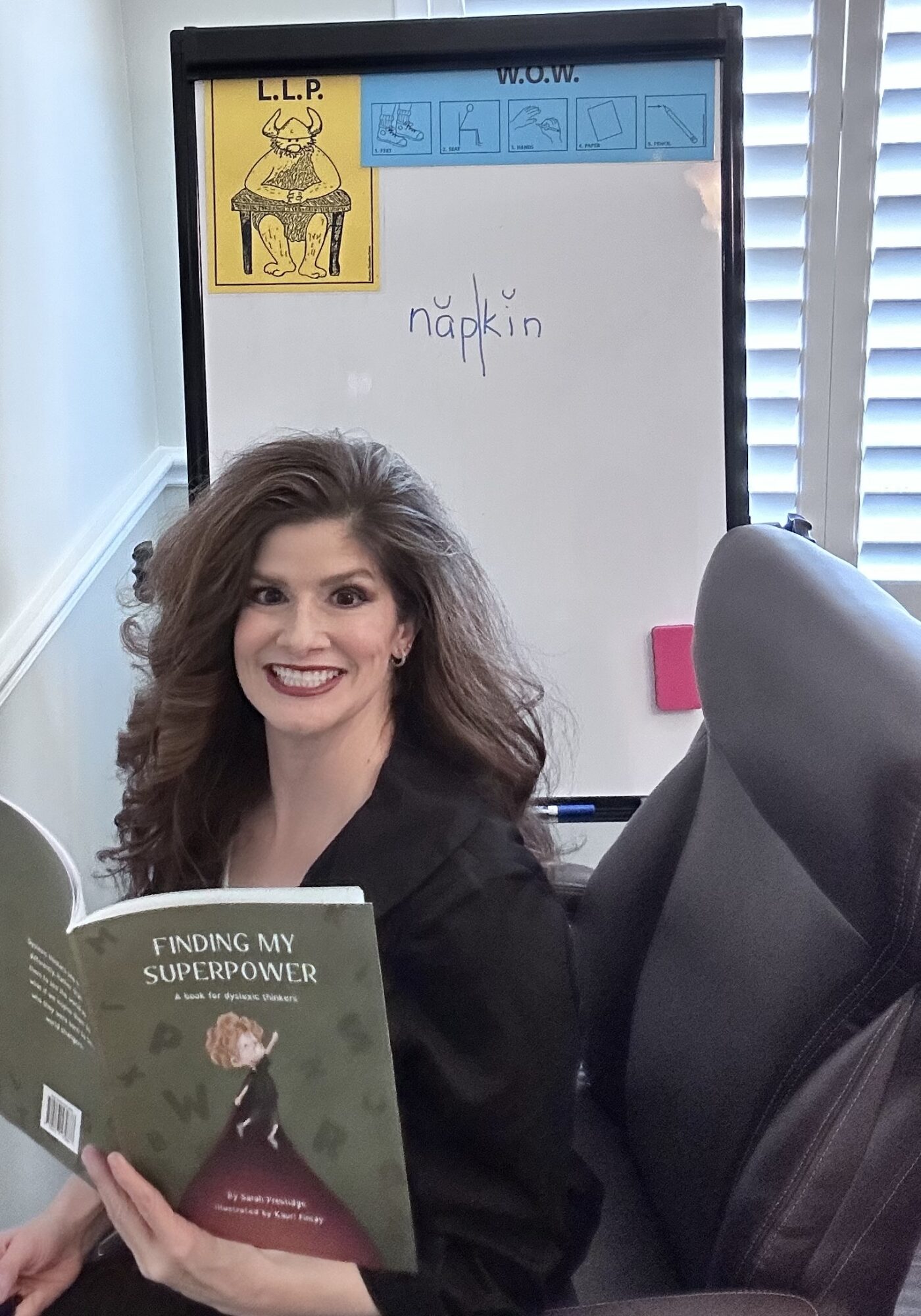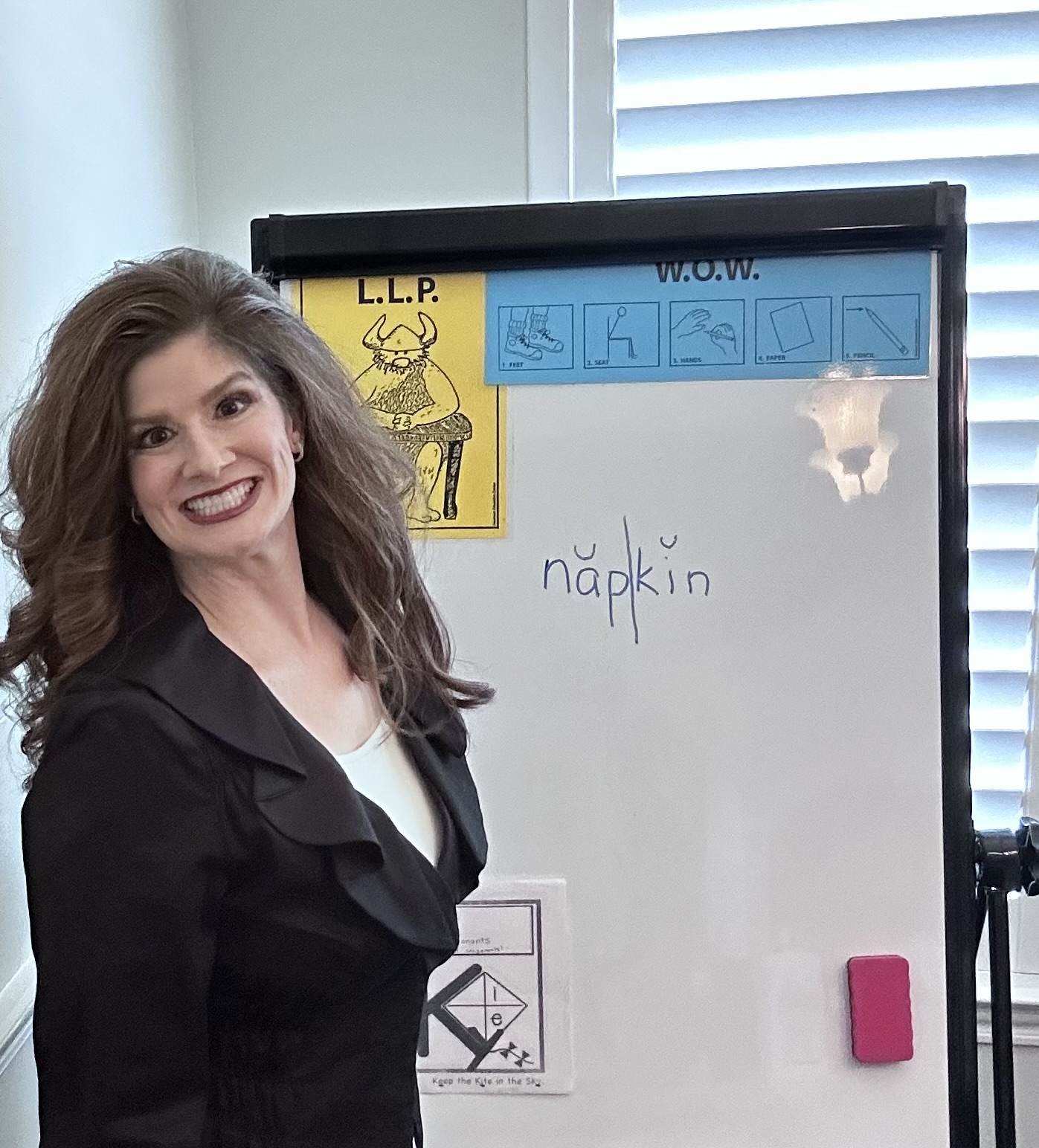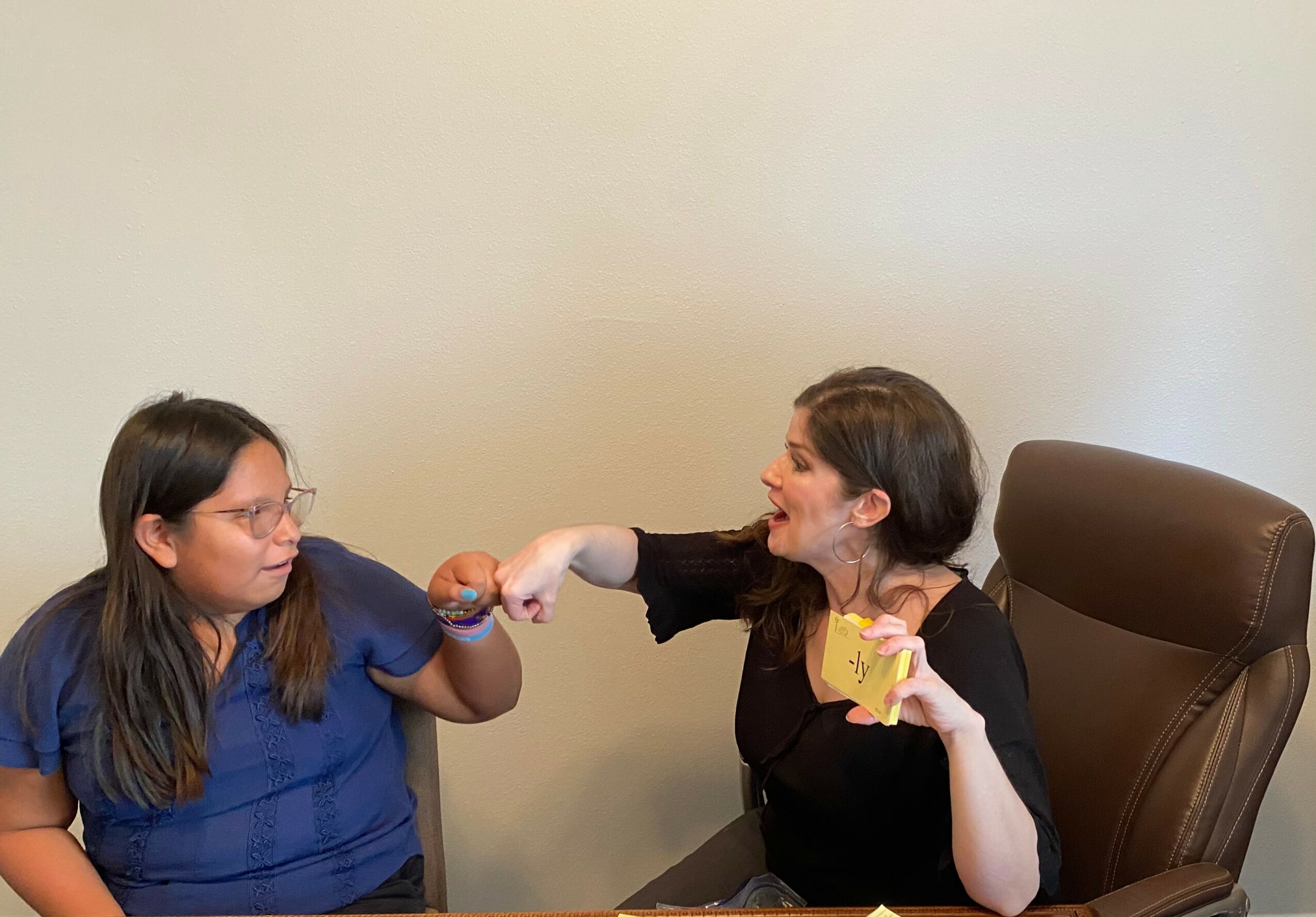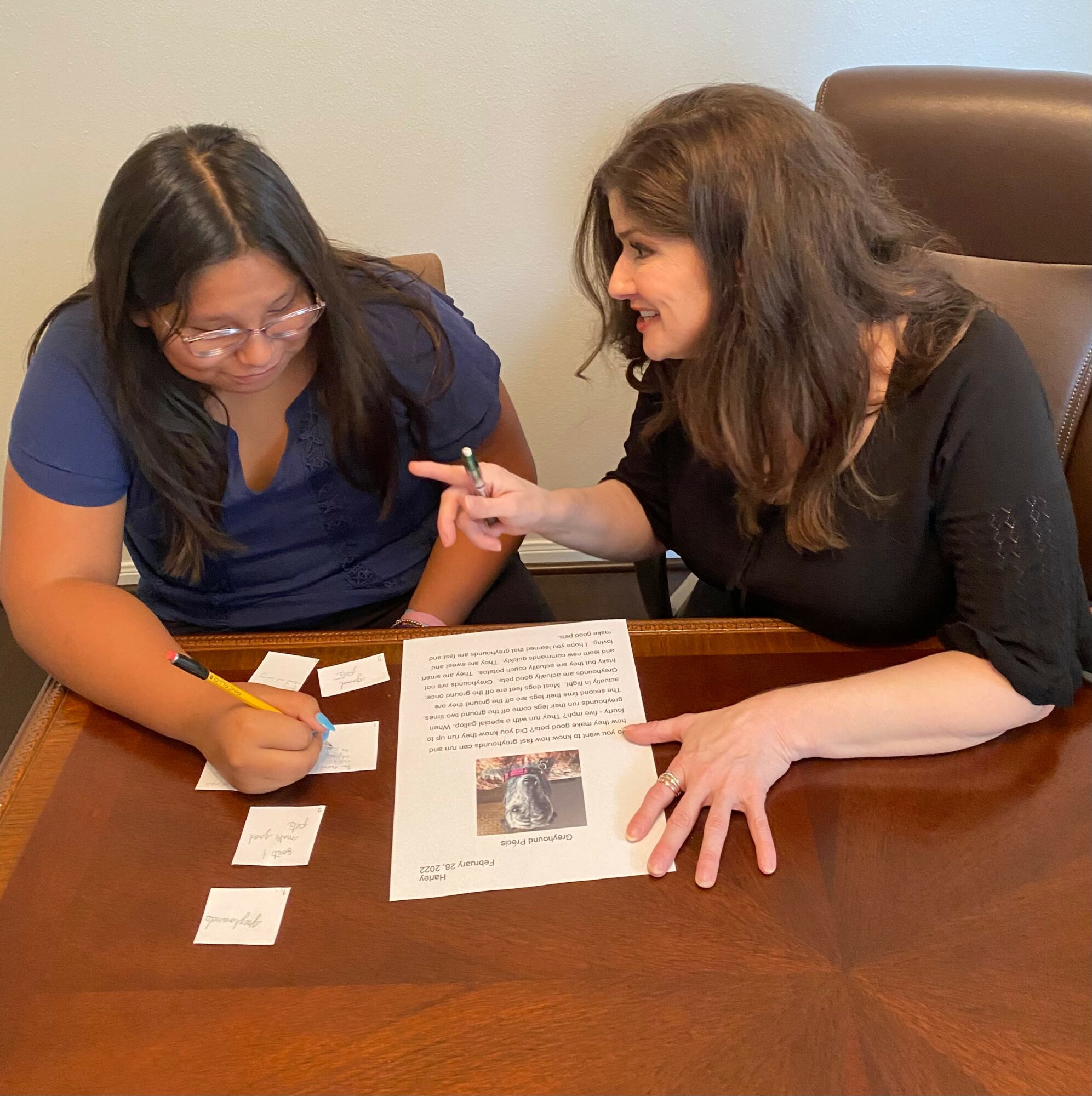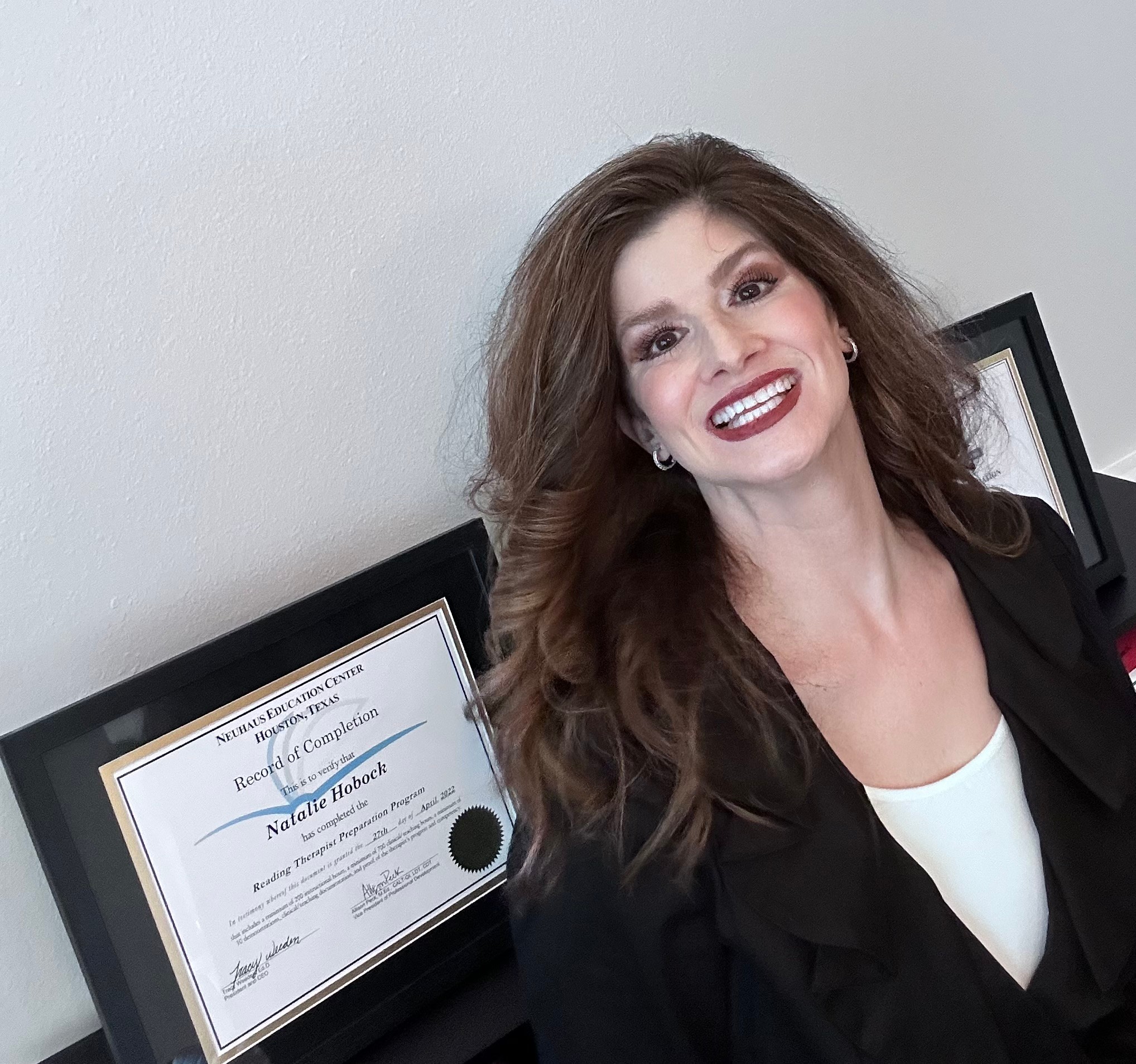

Today we’d like to introduce you to Natalie Hobock
Hi Natalie, we’re thrilled to have a chance to learn your story today. So, before we get into specifics, maybe you can briefly walk us through how you got to where you are today?
For sure! I spent my earlier career within school systems. The majority of these years were in private schools for students with diagnosed learning differences, such as dyslexia, dysgraphia, dyscalculia, expressive and receptive language disorders and more comorbities. I decided to go into private practice near the end of 2017, and I am so fortunate to do what I love in private practice.
I’m sure it wasn’t obstacle-free, but would you say the journey has been fairly smooth so far?
It was a fairly smooth road. The initial challenge was the learning curve of running a business while working with individuals rather than being within school systems. Another slight challenge was during COVID lockdowns. It was fairly smooth, but the biggest challenge during that time was putting in tons of extra hours to scan items to send to students and create activities online that were engaging.
Great, so let’s talk business. Can you tell our readers more about what you do and what you think sets you apart from others?
I am a Certified Academic Language Therapist (CALT) and Reading Therapist. It requires extensive schooling and training to become a CALT and Reading Therapist. I completed over 200 hours of master ‘s-level classes, 700 clinical hours, practicums, case studies, and more. This qualifies me to work with students who have language-based learning differences such as dyslexia and literacy struggles. Additionally, I am a certified teacher with certificates for EC-4, Special Education, and ELL.
I provide individuals academic therapy using Orton-Gillingham-based /Structured Literacy programs from Neuhaus Education Center. I use a diagnostic-prescriptive approach, which means I’m consistently diagnosing strengths and areas of needed support and prescribing treatment if it needs to be adjusted. Sessions are tailored to individual needs.
Academic Therapy is not tutoring. Traditional tutoring is ineffective for students with language-based learning differences such as dyslexia. It is considered academic therapy because you work to form new neural connections in the brain. People with language-based learning differences do not access the language center of the brain like non-dyslexics can. So, academic therapy requires intensity, duration, fidelity to the programs, and a trained professional for desired results. This means a minimum of three one-hour sessions per week, although four to five sessions are best per science-based research. Structured Literacy/Orton-Gillingham programs with highly-trained individuals are scientifically proven to be most effective for all students and are especially needed for struggling students. I have an excellent track record for success with individuals.
I am proud of making a difference in students’ lives to reduce academic and emotional challenges. It’s hard work but extremely rewarding! I also love the advocacy aspect for students within school systems. I recently became a member of the Texas ALTA Legislative Committee. This means we will work to try to get legislation passed to help students receive better programs, such as more qualified specialists within school systems. We try to ensure students are more protected in school systems. We are also pushing for dyslexia to be recognized as a medical condition so insurance can cover more services. Dyslexia is a medical condition since it is neurobiological in origin. There are a plethora of studies that show it’s medical in origin, and the difference can be seen in brain imaging during fMRIs.
I enjoy educating others about dyslexia. There is less brain activity in the language center of the brain. It’s important to know that dyslexia is independent of intelligence. Some of the smartest and most successful people have dyslexia, such as Charles Schwab, Steve Jobs, Walt Disney, and Henry Winkler. I am continually in awe of my students because they possess strong talents and are perseverant.
Any big plans?
I don’t plan on making any big changes unless there is a need for it. I’m constantly learning and growing professionally and personally. I will continue to stay on top of the latest science-based research and legislation.
Contact Info:
- Website: https://www.houstondyslexia.com
